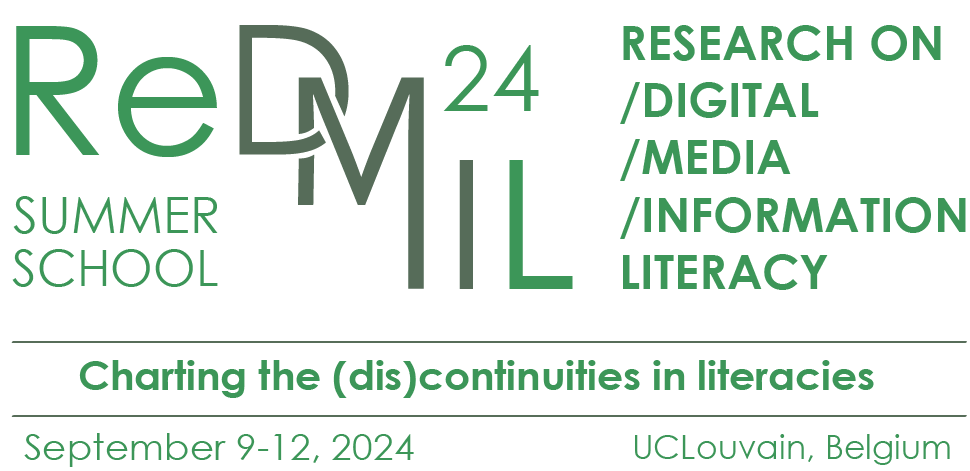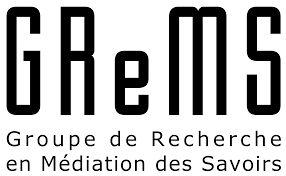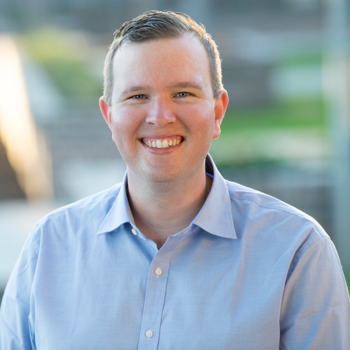
Alex Wharton
Western Sydney University (Australia)
a.wharton@westernsydney.edu.au
Alex Wharton’s professional background is in education where he has worked in a variety of K-12 schools and held several leadership positions including a school principal. His passion for media literacy has seen him co-author syllabus, curriculum, and teacher resources for the Australian Government and the broader education industry. He is a PhD candidate at Western Sydney University’s Institute for Culture and Society focusing on family media literacy in the home.
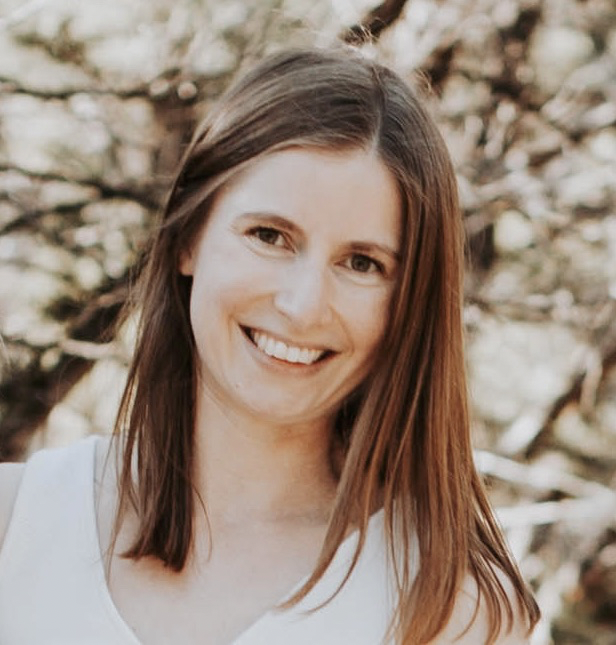
Alexandra Thrall
Baylor University (USA)
Allie_Thrall1@baylor.edu
Alexandra (Allie) Thrall is a doctoral student in Baylor University’s Department of Curriculum & Instruction. Her research focuses on investigating and imagining the sociotechnical arrangements that could threaten or support justice-oriented literacy and social studies education. As such, she is engaged in ongoing school-based research that demonstrates the possibilities that emerge when students engage in inquiries into the interplay between our technological systems and our civic lives.
Formerly, Allie taught 4th-12th grades and served as a school administrator. Allie has an M.Ed. in Curriculum & Instruction from the University of Texas at Austin, and a B.A. in Global Studies and Spanish Literature from Lehigh University.

Caroline Robbeets
UCLouvain (Belgium)
caroline.robbeets@uclouvain.be
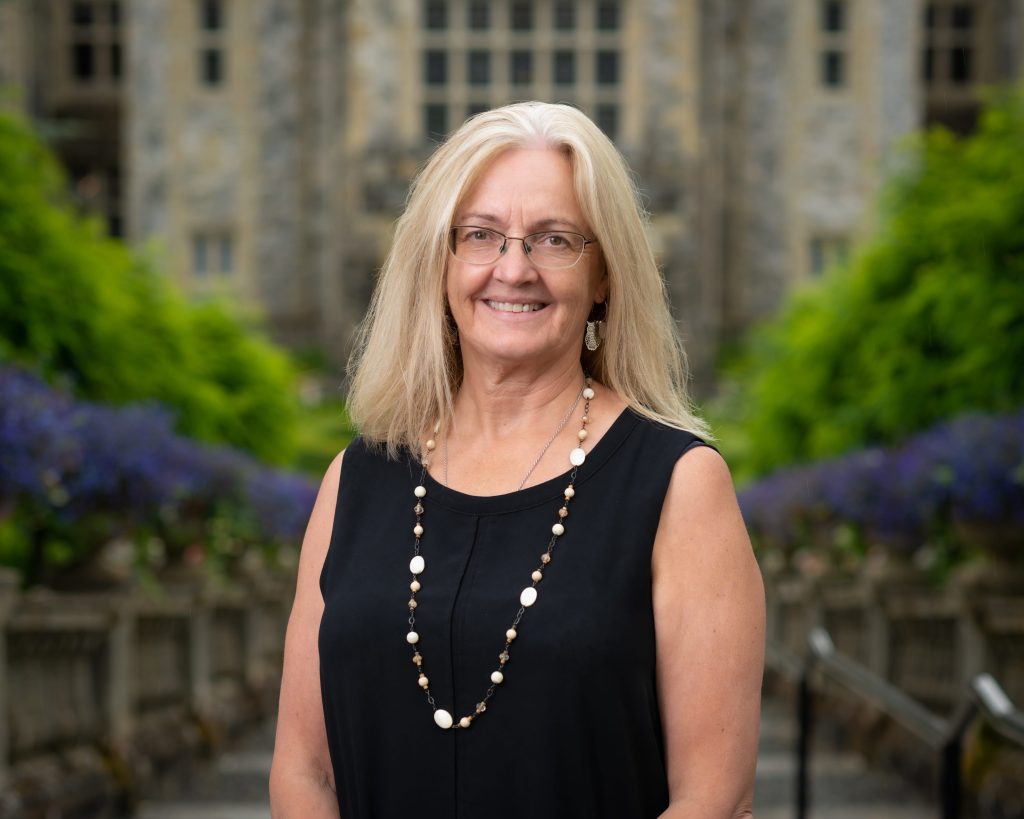
Joan Owen
Royal Roads University (Canada)
Joan.3owen@royalroads.ca
Joan Owen is a life-long learner who has a passion for the humanities and being of service to those in her community through coaching, sharing, conversations, and kindness. Joan believes her purpose is to be of service to others through encouraging them to be their best selves. She believes her most compelling experience has been to raise three fine and thoughtful members of the next generation who will have influence and impact in their chosen professions. Joan is currently working as a research associate with the Polarization Team at The Cascade Institute at Royal Roads University. For her doctoral work, she is conducting an Interpretative Phenomenological Analysis of Central Albertans feelings in response to polarizing content on Facebook. This study is underscored by her thoughtful embrace of the Prayer of St. Francis of Assisi, who asks us to “seek first to understand, and then be understood.” Joan holds a Master of Arts in Leadership (MA-L) from Royal Roads University (2017) and is a Registered Corporate Coach (2018).

Julien Perrot
Université de Neuchâtel (Suisse)
julien.perrot@unine.ch
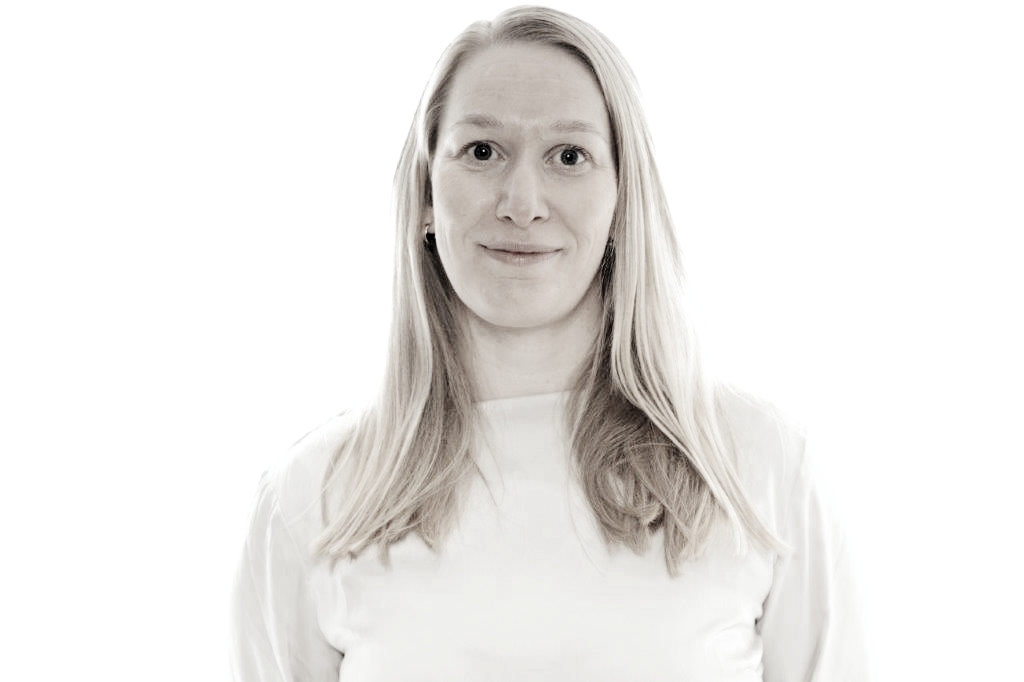
Kristine M. Bratland
The Artic University of Norway
kristine.m.bratland@uit.no
Kristine’s project focuses on identifying where young adults (18+) seek health information online and how they incorporate this knowledge into their daily lives. She is particularly interested in understanding the specific informational needs expressed by young adults in their digital interactions.
Kristine is a Doctoral Research Fellow in Health Communication on the project Healthy Choices and the social gradient, and WP5: Healthy choices and novel science communication. The object of the study is to map young adults` online health information behavior (OHISB) and their needs regarding targeted communication. The findings aim to contribute to reducing the disparity in the social gradient by facilitating informed choices.
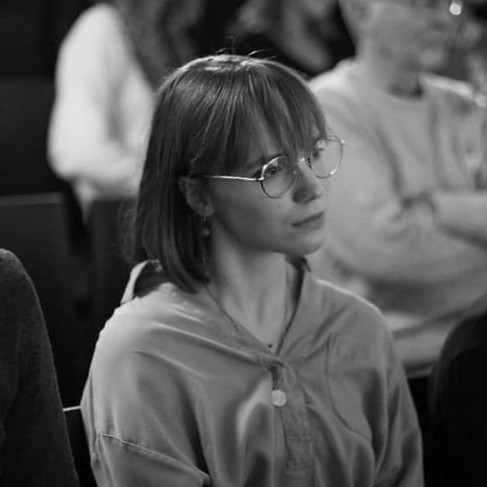
Laura Zander
UCLouvain (Belgium)
laura.zander@uclouvain.be
Laura Zander is a PhD student and teaching assistant at the Groupe de Recherche en Médiation des Savoirs (GReMS) at the Université Catholique de Louvain (UCLouvain – Belgium). Her thesis, begun in September 2023, focuses on the influence of using educational Artificial Intelligence (AI) in developing media literacy skills regarding AI. Her research also explores the imaginaries and representations surrounding technology and their impact on learning, as well as the effects and biases generated by human-computer interaction modalities (perceived intelligence, generative mode, representations of deep learning, anthropomorphism).

Laureline Marc
UCLouvain (Belgium)
laureline.marc@uclouvain.be
Laureline Marc is a PhD candidate at UCLouvain, Belgium, and a member of the Groupe de Recherche en Médiation des Savoirs (GReMS). She holds a bachelor’s degree in political sciences and a master’s degree in information and communication sciences and technologies with a specialization in educational media. Since October 2022, she has been conducting research on the evaluation of media and information literacy (MIL) activities. Collaborating with the École Supérieure de Journalisme de Lille (ESJ Lille, France), her research focuses on news literacy as a subset of media literacy, emphasizing the knowledge and skills needed for consuming journalistic information. Her thesis aims to develop an assessment framework to analyze the effects of MIL educational activities on youth.

Liz Boyce
University of Arizona (USA)
eaboyce@arizona.edu
Liz Boyce has an extensive professional trajectory, encapsulating roles at the state department of education level, school district, and school level throughout the U.S. since 2007, that have significantly shaped and augmented her research endeavors. Her extensive expertise within the American education system, specifically regarding the metamorphosis of K-12 public and charter schools nationwide, has proven to be a crucial asset to her doctoral research. Her comprehensive understanding of the educational landscape cultivates a unique perspective that is reflected in her academic pursuits.
At the University of Arizona, her research is influenced by her practical experience in state and district-wide educational initiatives. Reciprocally, her doctoral studies consistently enrich her professional undertakings, empowering her to contribute novel insights and innovative concepts to her field. This symbiotic interplay between her professional endeavors and academic research generates a cycle of unending learning and enhancement.
Throughout her career, Liz has collaborated with educators nationwide to promote the professional growth of teachers and leaders, bridge achievement disparities, ensure equitable access, and foster school development.
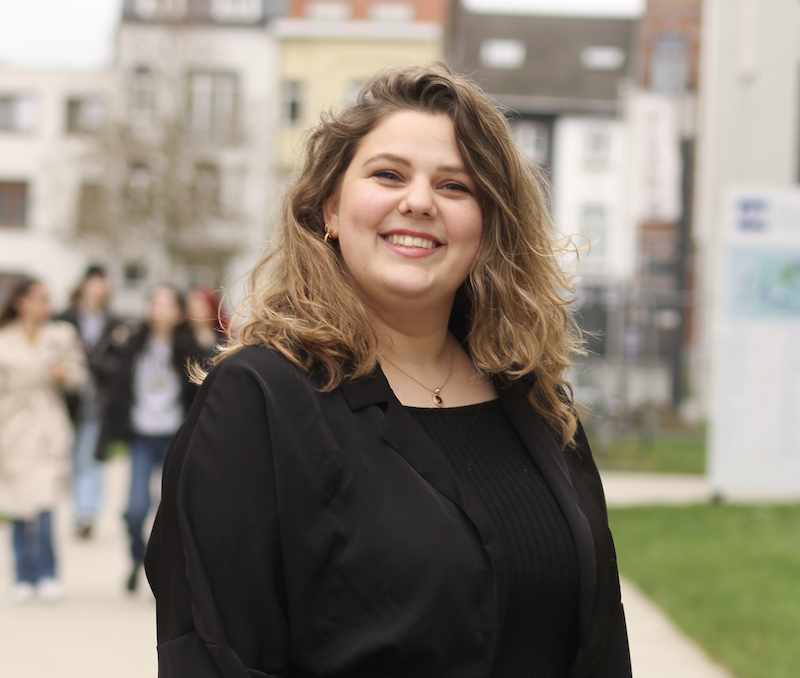
Lotte Vermeire
Vrije Universiteit Brussel (Belgium)
Lotte.Vermeire@vub.be
Lotte Vermeire joined imec-SMIT, VUB in 2020 as a qualitative researcher with an interdisciplinary approach. Lotte attaches value to research that can have a positive societal impact, for which she strives everyday. Lotte worked on the DataBuzz project, different digital youth work projects, and is working on her PhD on data literacy in formal and non-formal education in relation to digital inclusion. Lotte’s PhD aims to develop an educational framework for data literacy, taking into account the ethical dimensions, societal implications, and the role of critical thinking. The PhD aims to equip young people with the tools to critically, creatively, and responsibly look at, challenge, and engage with data. Central to this research is the notion of digital inclusion, underscoring the importance of taking into account vulnerable youth when organising educational practices.

Miranda McKee
York University (Canada)
mmckee@yorku.ca
As a researcher, educator and curator, Miranda McKee has spent over a decade between Dubai, Abu Dhabi and Toronto developing exhibitions and public programmes in collaboration with artists, art foundations, and government organizations. Her research examines the power of imagery as a form of public pedagogy, with a particular interest in the problematic biases visually embedded within photographs. Her work is driven by a passion for arts and culture initiatives that provide meaningful platforms for community building. Miranda has an MEd from Lakehead University and is pursuing a PhD in Communication and Culture at York University and Toronto Metropolitan University.

Paola Macaluso
Università degli Studi di Palermo
paola.macaluso@unipa.it

Wed Alfotawi
Bournemouth University
walfotawi@bournemouth.ac.uk
